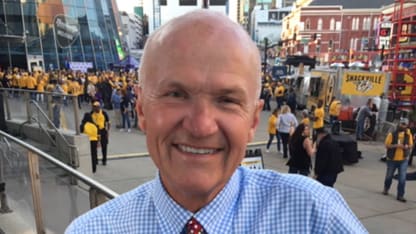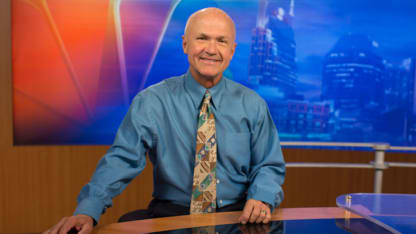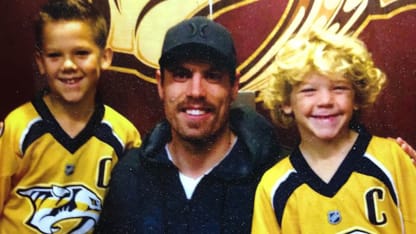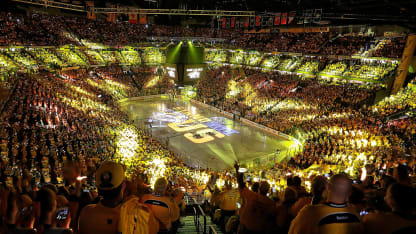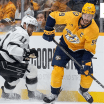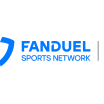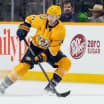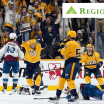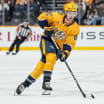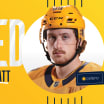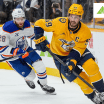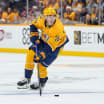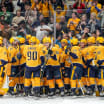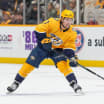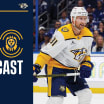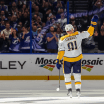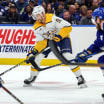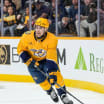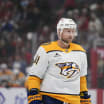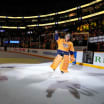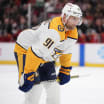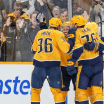I took my two grandsons from California to a practice one day and all the guys were so friendly to them. We went by the locker room, and I'm talking to somebody, and these two little guys are 9 and 6 years old at the time, and Shea Weber comes off the ice, goes up to them and says, "Hey fellas, how you doing?" And he gives them his hockey stick.
My little two grandsons went back to California and made their dad get the hockey channel to watch the Predators play because of Shea Weber.
I can also remember interviewing Pekka Rinne, who moved his equipment aside when I came to do an interview with him, and he shook my hand and thanked me after the interview. You just don't get that in an NFL locker room! They endeared themselves to me, and I think they've done that with the community, too.
I can remember the early years of the Preds, when New York newspapers called us "Hicksville" and said, "Who cares about hockey in Nashville?" And there was a defiance in this city. Through it all with General Manager David Poile and what they did organizationally, when it emerged and we became this hot city, it's like you can stick your chest out and say, "There ya go, what do you think about us now?" I loved seeing that transformation.
I remember doing a live report from the roof of Tootsies on Broadway during the Stanley Cup Final in 2017 and looking down at 100,000 people, and what a sight it was. The entire NHL came in here and said, "My lord, this is mind-blowing." I did an interview with NBC's Doc Emrick, and he said this was beyond anything that the NHL has ever thought about, and it'll just change the NHL - and it has from that point on.
We have progressive people in Nashville who saw the potential of taking country music, a destination city, the energy of the game, throwing it all together and putting their wildest dreams in motion, and it actually worked, and I think it's better than anyone could have imagined.
